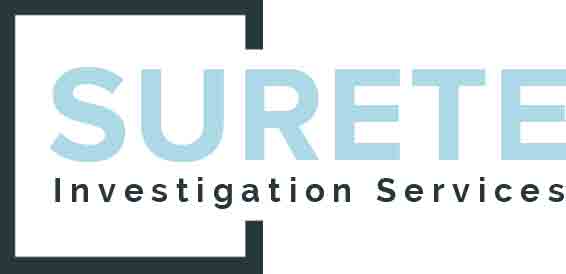The Insurance Fraud Bureau of Australia (IFBA) estimates phony claims to cost insurance companies $2.2 billion every year. One in ten claims, in fact, appears to be dishonestly filed. Not only does this place a considerable financial strain on insurance companies but also forces premiums higher for those policyholders not making fraudulent claims. Public spending as a result of fake fraud claims was estimated by the Australian Institute of Criminology to be as high as $9 billion per year. In order for insurance agencies to be capable of continuing to provide quality, affordable services, it is vital to identify claims which are not valid and are lodged in a deliberate attempt to deceive the insurance companies.
At the end of the day, fraud is just another word for theft. It occurs when someone deceives and tricks a third party for financial gain. The argument that insurance fraud is a victimless crime is baseless. The losses incurred by insurance companies as a result of false claims is the reason why premium costs continue to rise. It is also a drain on the tax payer. Most commonly, insurance fraud involves a real event around which the circumstances are exaggerated or the facts misrepresented to increase the financial pay out, officially called opportunistic fraud. However, there are also organised criminal groups which conduct professional, premeditated and planned fraud claims. These are more complex manipulations which attempt to get money from insurance companies when no loss has been incurred. They can range from arson, theft and even staged incidents such as car crashes which then leads to a false claim being submitted to the insurance office.
Although the IFBA has put forward their estimate of $2.2 billion per year in fake claims, the reality is that we don’t actually know the true cost of insurance fraud. By definition we cannot say with complete certainty that we have detected all fraudulent claims. If this figure is accurate, however, insurance companies pay out an average of $75 for every policy which is taken out, with 10% of these claims being fake. The IFBA works collaboratively with national and international insurers and bases their practices off models which have seen success in countries such as the UK. The IFBA encourages anyone to report suspected insurance fraud on their website. A survey by the Australian Institute of Criminology found that 48% of Australians would not report personal knowledge of insurance fraud. Through the diligence and honesty of more Australians, the bureau is hoping to clamp down on the number of fraudulent claims and help the insurance agencies operate at lower costs, savings which can then be passed onto policy holders. The IFBA itself does not undertake investigations, however.
Committing fraud is breaking the law, whether or not you do it once or regularly. If criminal charges are brought, individuals can face fines and/or prison time. Even simply exaggerating the value of a stolen mobile phone or camera is insurance fraud because it involves the deliberate misrepresentation of the event itself. Those who believe these petty examples of fraud to be harmless are in fact costing the insurance agencies vast sums of money every year, losses which are pushing up the premiums for all honest Australian citizens.
If you discover concerning information in relation to an insurance claim or suspect one is being made fraudulently, please contact the IFBA. The cost of insurance fraud is one which we all pay and by preventing these phony policy holders from reaping financial rewards from their criminal activities, we can reduce our own premiums and help combat illegal acts which cost the public billions of dollars per year.
